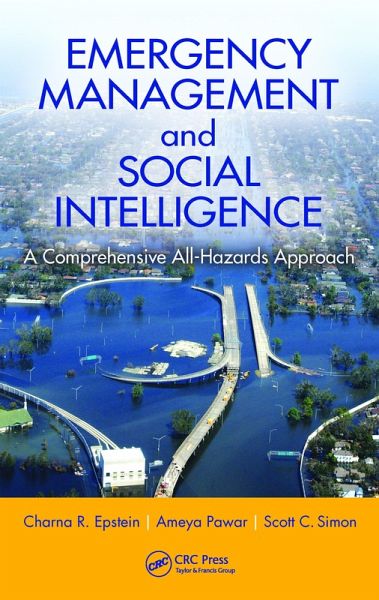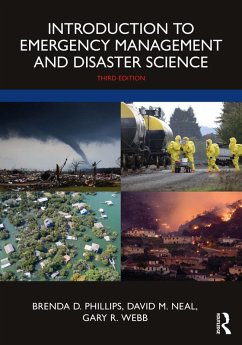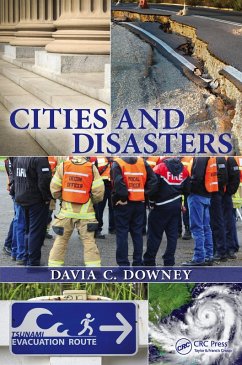
Emergency Management and Social Intelligence (eBook, ePUB)
A Comprehensive All-Hazards Approach
Versandkostenfrei!
Sofort per Download lieferbar
142,95 €
inkl. MwSt.
Weitere Ausgaben:

PAYBACK Punkte
71 °P sammeln!
For effective preparedness, emergency managers must comprehend how a disaster impacts not only the physical infrastructure of the affected community but also the population. They must understand how the people interact with one another, how they interact with government, and how they react to the disaster event. In other words, they must have socia
Dieser Download kann aus rechtlichen Gründen nur mit Rechnungsadresse in A, B, BG, CY, CZ, D, DK, EW, E, FIN, F, GR, HR, H, IRL, I, LT, L, LR, M, NL, PL, P, R, S, SLO, SK ausgeliefert werden.













